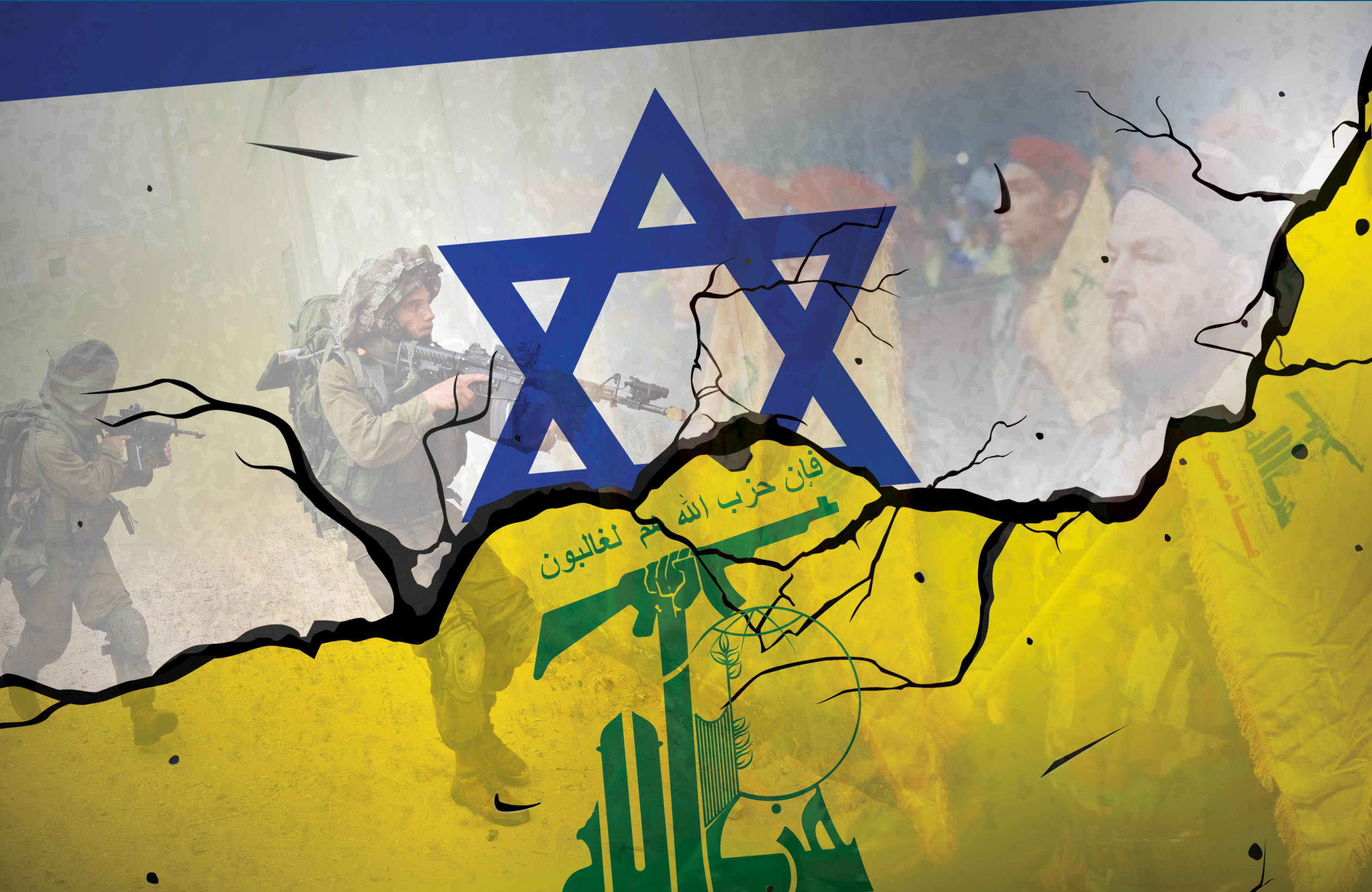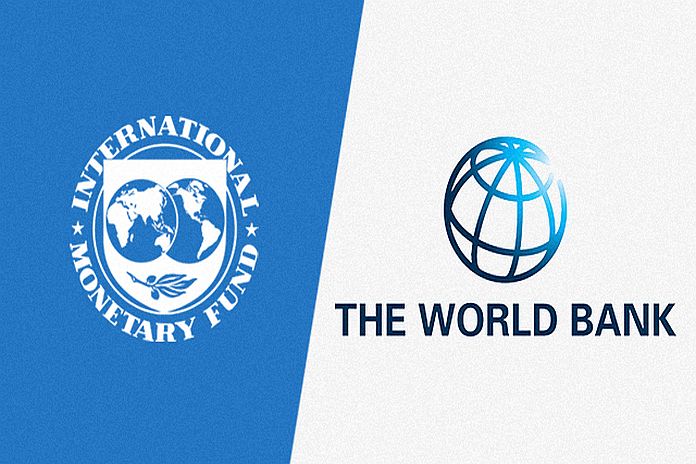The United States expressed its desire for a swift resolution to the ongoing war between Israel and Hezbollah, emphasizing the need for the enforcement of UN resolution 1701, which mandates Hezbollah’s withdrawal from southern Lebanon.
US envoy Amos Hochstein met with Lebanese Parliament Speaker Nabih Berri, a Hezbollah ally, during his visit to Beirut, underscoring that linking Lebanon's future to broader regional conflicts is not in the interest of the Lebanese people.
Hochstein noted that while resolution 1701 should serve as the framework for a new ceasefire, implementation has been lacking since the resolution was established in 2006. He stated, “Both sides simply committing to 1701 is just not enough,” pointing out that Hezbollah's presence in southern Lebanon has persisted, and cross-border attacks have increased since the recent outbreak of violence.
The ongoing conflict has resulted in over 1,470 deaths in Lebanon since hostilities reignited after Hamas's attack on Israel on October 7, which itself led to significant casualties in Gaza. Israeli forces expanded their operations into Lebanon in response to Hezbollah's actions, with heavy clashes reported along the border.
Israel has intensified air strikes targeting Hezbollah-linked facilities, including financial institutions like Al-Qard Al-Hassan, which the Israeli military accuses of funding Hezbollah's military activities. These strikes mark a significant escalation in the conflict, with Israeli military officials threatening further attacks on Hezbollah’s infrastructure.
In the context of these tensions, US Secretary of State Antony Blinken plans to visit Middle Eastern nations from October 21 to 25 to discuss strategies for ending the Israel-Hamas conflict and addressing humanitarian needs in Gaza. He aims to reaffirm the US commitment to achieving stability and de-escalation in the region while facilitating the return of civilians to their homes.








